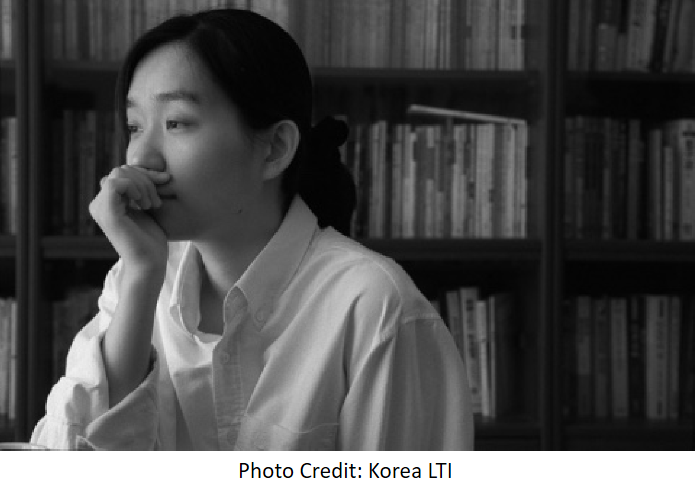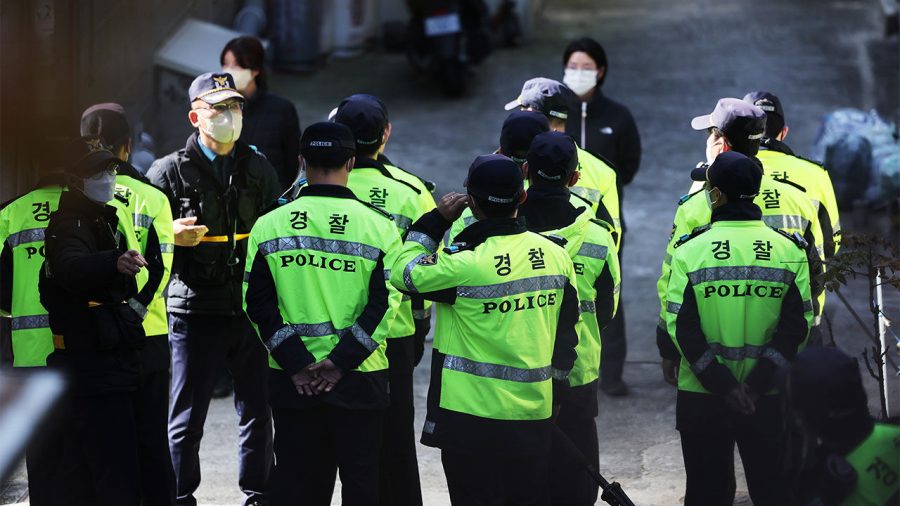By Taesha Goode
Books have always been a simplistic way to showcase social issues, but with people reading less, it’s more important than ever to highlight all that can be gained from reading. Han Kang’s 2007 novel, ‘The Vegetarian’, is a beautiful example of modern writing tackling real-world problems. From mental illness to eating disorders, Kang shows the ins-and-outs of Korean society in a very unlikely format.
‘The Vegetarian’ is a gripping thriller on the surrounding stigma in South Korea. The story follows Yeong-Hye, who finds herself converting to vegetarianism after a troubling dream. Separated into three parts, her plight is showcased through the perspectives of those close to her: her husband, brother-in-law, and sister. More than actual vegetarianism however, the novel focuses on the consequences of Yeong-Hye’s severance from societal-norms.
Taking place in Seoul, ‘The Vegetarian’ is tightly wound with Korean ideals of normality. According to the Korean Vegetarian Union, only one percent of the country follows a no-meat diet, often making it hard to gather accurate nutritional information. In the book, we see Yeong-Hye struggling with this, as her diet choice begins to lean toward malnourishment.
It is obvious in the story that the main character is not in the right state of mind as she uses her vegetarianism as another outlet to express that emotion. However, in a society as rigid as Korea’s, Yeong-Hye finds herself marginalized more than freed.
According to OECD statistics, approximately “one in four South Koreans struggle with a mental health disorder at least once throughout their life.” On top of that, Korea has one of the highest suicide rates in the world, sitting at 15 suicides per 100,000 individuals for women and 32.5 for men. Still, many Koreans are hesitant to receive treatment due to the stigma surrounding mental health.
‘The Vegetarian’ addresses this and more through its account of Yeong-Hye’s story. Personally, I most enjoyed Kang’s presention of the information- through the eyes of others. The toll mental illness has on our loved ones is often ignored; still, their experiences are as intertwined with the situation as Yeong-Hye’s own. The reactions of loved ones to her condition reveal even more about their individual states of mind. The tragic weaving of illness, family, and pain only adds to the story’s mesmerizing qualities.
Overall, “The Vegetarian,” is a unique telling of an all-too-true story. In a country so technologically advanced, the lack of mental health awareness is startling. However, with authors like Kang publishing works diving into the toil of Korean society, there is potential for change. As members of society, it is almost necessary for us to acquaint ourselves with these issues- and reading is a great place to start.





![The convenience store chain, GS25, collaborated with the beer company Heineken. This is a pop-up store operated at GS25s Hapjeong Premium Store in Seoul and Ingu Beach Store in Yangyang, Gangwon-do in collaboration with Heineken. [Image courtesy of GS25]](https://songdochronicle.com/wp-content/uploads/2022/10/Korean-convenience-stores-targeting-the-MZ-generations-Chaeyoon-Jung-1.jpg)
